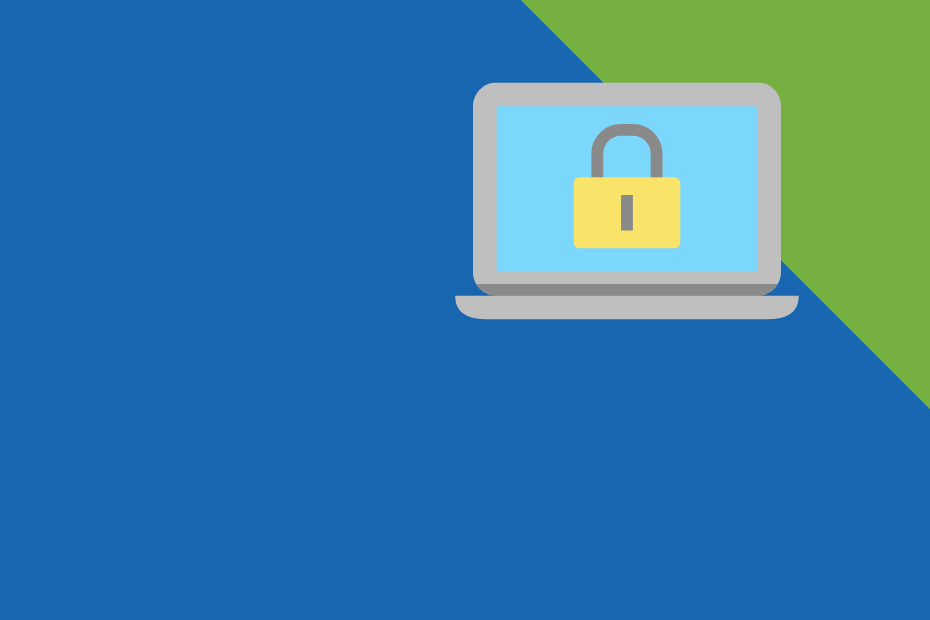Recent technology advances have made it easier to view work-related documents while away from the office. Employees may have access to e-mail or other work-related items through their phones, personal computers, or tablets.
So the question arises: Is reading e-mails while off duty considered hours worked or wages owed? The Fair Labor Standards Act (FLSA) defines hours worked as “all the time during which an employee is required to be on the employer’s premises, on duty, or at a prescribed workplace.”
The FLSA addresses what it considers substantial duties versus “de minimus” (or minimal, trifling) activities. If an employee’s activities outside of the workplace are considered substantial, then the company should provide a method of recording those hours to be counted as time worked. Work that is not substantial in nature would be something that can be done at a later time, say while you are in the office as opposed to at home, such as checking e-mails.
It is, therefore, generally understood that an employee checking e-mails from a personal device while away from the office is not required to be compensated for these activities. As with any practice however, an employer needs to be consistent. If an employer choses to pay one person for e-mail activity away from the office, then an employer would need to continue that practice going forward with all employees.
In 2015, there was a court ruling favoring the employer when employees filed a claim based on work-type activities they were engaged in, but not compensated for. The judge ruled that these were not substantial activities and that the employees could have waited until they were back in the office to complete the tasks.
Employers have the ability to make this arrangement clear to their employees by having two types of policies in place:
• One addressing how to report work that isn’t recorded in the usual way and
• Another, considering personal devices that specifically addresses when work should, and should not, be accessed through a personal device.
As always, if you have any questions about this topic or other questions about your corporate policies, contact BCN Services for clarification and assistance.
Kari Stanley, HR Generalist


